
A large-scale study of social media as infrastructures of influence in national populations with a focus on false information. This project adds to current knowledge by studying social media as infrastructures for influence in national populations with a focus on "false" labeled content as a case of information disorder in the current times of crises where media serves as important information sources.
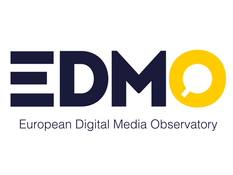
EDMO is an EU project that aims at creating and supporting the work of an independent multidisciplinary community capable of contributing to a deeper understanding of the disinformation phenomenon and to increase societal resilience to it. The second phase of EDMO will focus on investigations, research, and training. In the second phase, the EDMO consortium is led by the EUI in Florence and brings eight partners to the table.
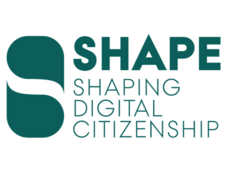
SHAPE - Shaping Digital Citizenship is a research centre which aims to promote democracy and active citizenship in a world which is characterised by data and algorithms. The goal is to generate knowledge at a high international level as well as contributing to public debate, business community and civil society.

The aim of NORDIS is to develop theories, practices and models that can help counteract digital information disorders – the spreading of misinformation, disinformation and other forms of harmful information online – and to help empower citizens in the Nordic welfare states to resist such information by enabling them to enhance their media literacy.

EDMO is an EU project that aims at creating and supporting the work of an independent multidisciplinary community capable of contributing to a deeper understanding of the disinformation phenomenon and to increase societal resilience to it. The project consortium is made up of four partners including DATALAB.
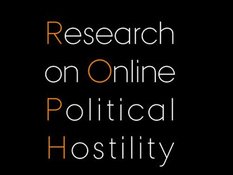
The Research on Online Political Hostility (ROPH) Project provides in-depth knowledge of the (i) causes, (ii) consequences, and (iii) counter-strategies related to online political hostility in all its forms. This major research project is directed by Professor Michael Bang Petersen.

NGI Forward is a 3-year project under the European Commission’s Next Generation Internet (NGI) initiative that aims to develop a future internet that is more democratic, inclusive and resilient. The purpose of NGI Forward is to articulate the vision for a future internet and set out the next steps towards achieving this vision through technology development, policy roadmaps and stakeholder engagement.
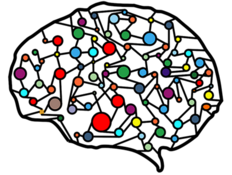
How are intelligent assistants designed to contribute with reliable knowledge in order to decide such contextual matters which often not are clear-cut right or wrong? What kind of partnership and delegation of competency are thus created in the human-machine collaboration produced? This PhD project examines these questions critically and sociotechnically.
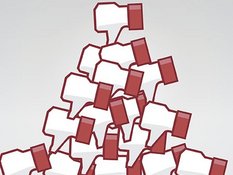
The aim of this project is to contribute to our understanding of the forms and functions of accusatory rhetoric in a digital context and the way this kind of rhetoric is presented, shared and remixed across digital social media platforms
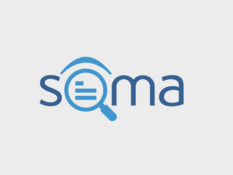
The purpose of SOMA is to establish a European observatory to aid the work against online disinformation by developing new tools and services for citizens and experts alike to better understand, measure and combat disinformation and its democratic impacts.
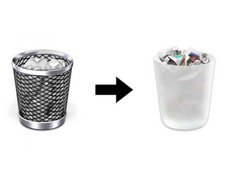
The past two decades the digitization of anything from library archives to social media information has increased almost exponentially. Both physical objects as well as our own lives have been inescapably intertwined with digital terrains in the form of smart cities, quantified selves and digital infrastructures. For many, digitization is perceived as a never-ending process of accumulation. As a consequence, plains of data waste are emerging.

In this AIAS project, Anja Bechmann critically scrutinize and discuss to what extent Social AI are able to create meaningful predictions that are sustainable both to our understanding of the social human being and to society.

Based on interviews with Danish women using period-trackers in their everyday life Amanda's PhD project aims at exploring these intersections of privacy, datafied bodies and menstrual stigma.
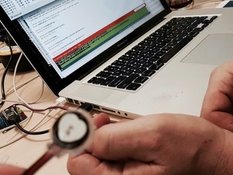
Emotional Data Lab Aarhus (EMDAA) has been established as an interdisciplinary research and knowledge platform concerned with topics and innovation within emotion and affective data analysis and cognitive computing.

To overcome mainstream limitations and advance culture analytics, this project builds the Culture Analytics Network (CAN) which links renowned applied mathematicians from China and US with Danish humanities researchers who share an interest in culture analytics.

In this research project, Joeb Grønborg investigates how laypeople use and combine different types of smartphone applications (e.g. self-tracking apps, music, training programme apps and game apps) in order to cope with their running struggles.
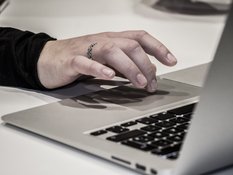
Digital Society was a corporate and research network that aimed at bridging the gap between academia and industry to induce sustainable digitization and support knowledge sharing and cross-disciplinary collaboration between professionals in research and industry as well as students.
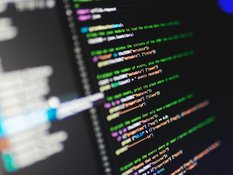
Due to the increased usage of the Facebook Platform and similar big data companies in our daily lives and the pressure on topics such as data security and privacy, we need to investigate and understand more in-depth the data footprints we leave behind and the Facebook usage patterns at national population scale more thoroughly.
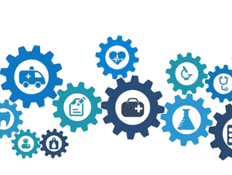
Ane Kathrine studies the everyday entanglements of health-related Facebook-group use. The objective of the project is to advance our understanding of the raison d’être of health-related Facebook-groups and to generate empirically grounded knowledge about the impacts of new media technologies on culture and society.